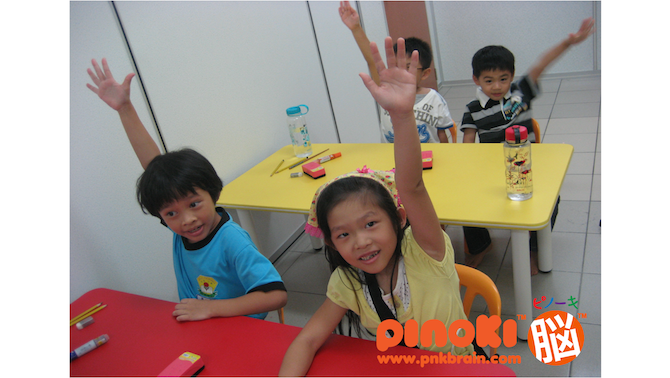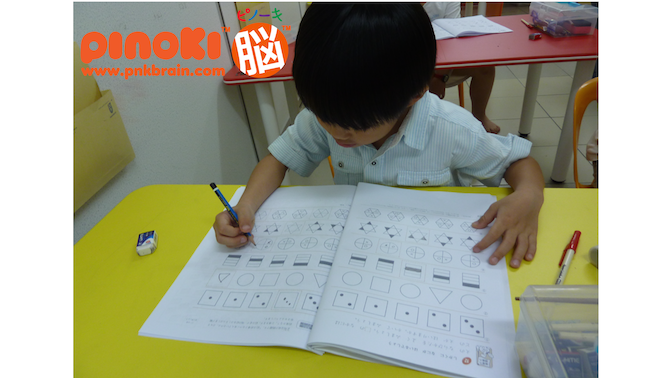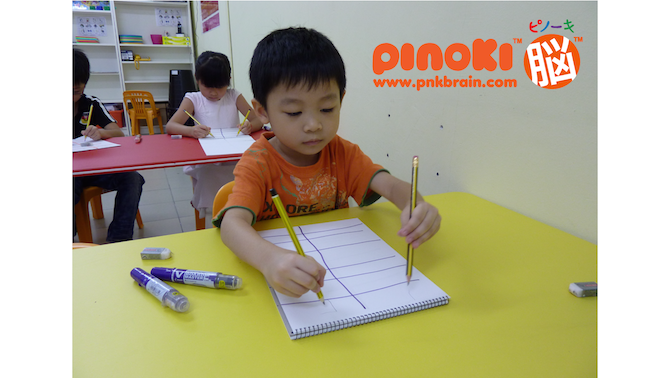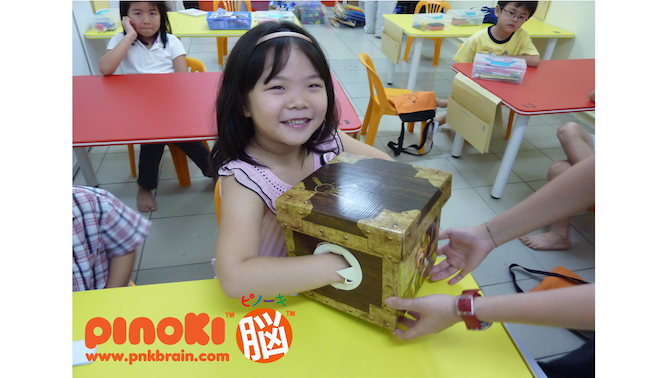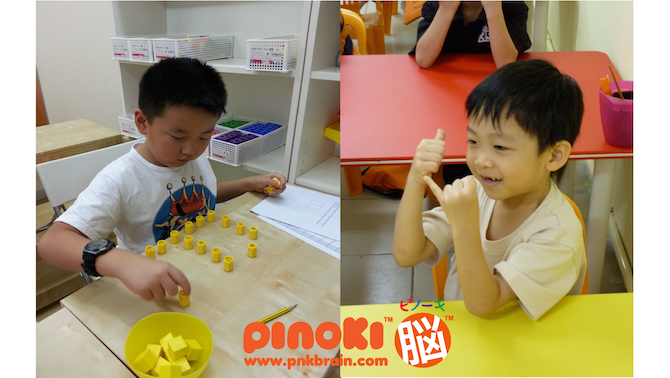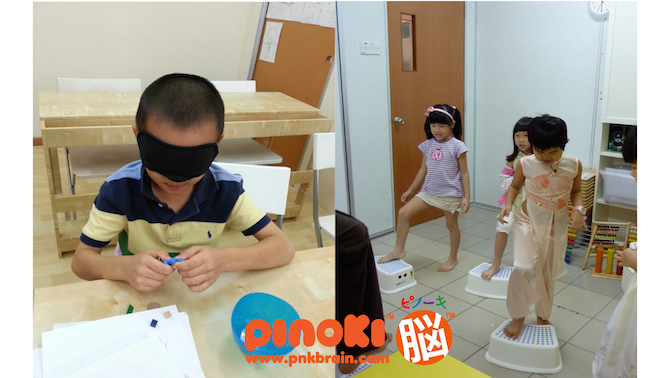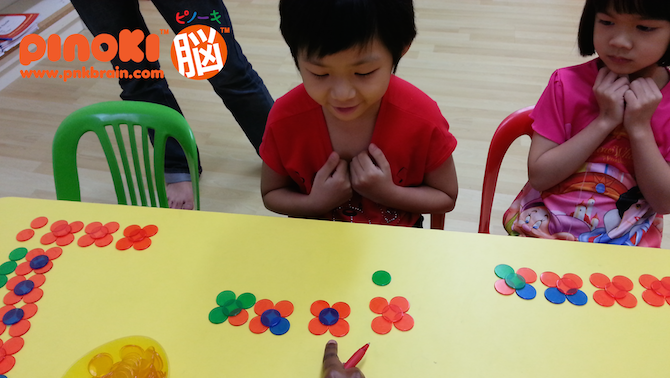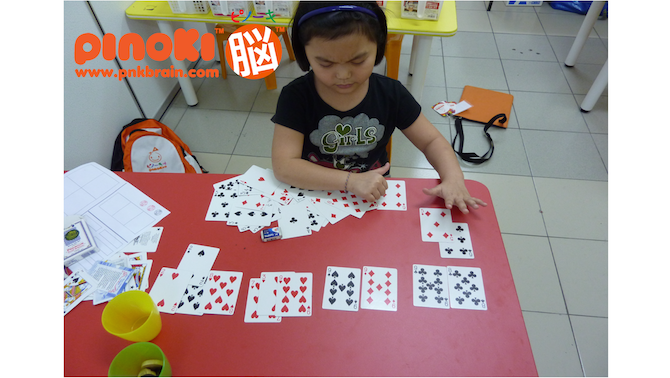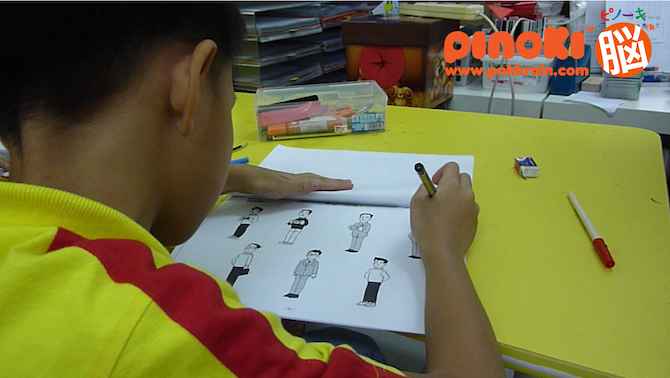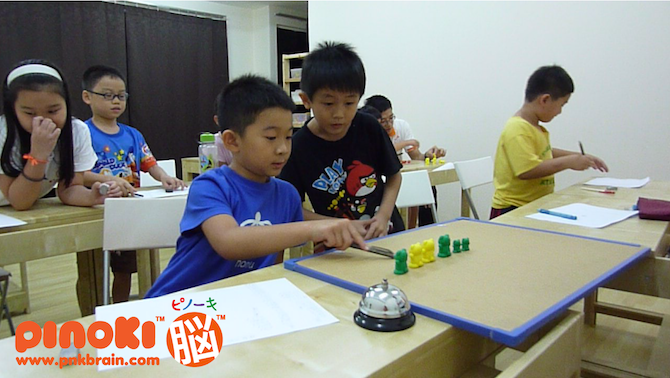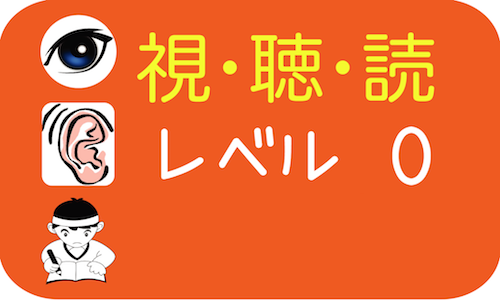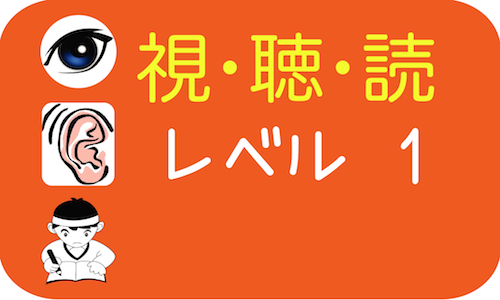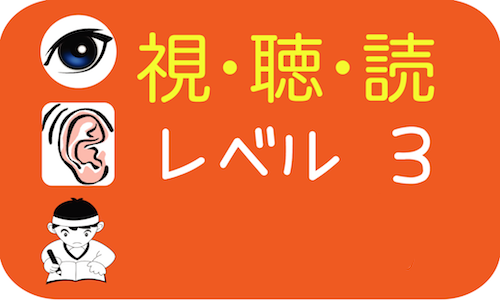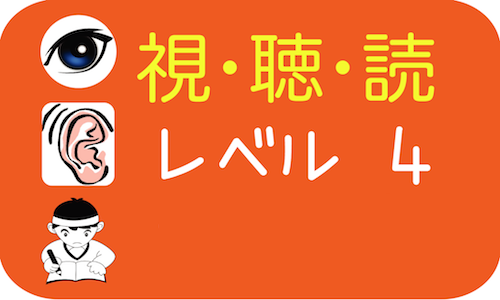Level 2
Level 2
| Level レベル |
2 |
| Age 対象 |
10-17 years old (parents are not required to sit in on class) 10~17歳児 |
| Duration 授業時間 |
60 minutes per class 1回60分 |
| Students per class 定員 |
Maximum 12 students in a class 1クラス12名程度 |
| Tuition Fees 月会費等 |
Please refer to your nearby Pinoki Brain Training Centre for more information. 月会費等については、各教室のページに掲載しています。 教室検索ページにてご希望の教室を検索して下さい。 |
The Level-2 Course consolidates memory skills and image-based learning habit through high-, moderate- and low-speed exercises. Students are exposed to all sorts of left-brained repetitive exercises. An intensive 60-minute weekly whole-brained training definitely help these children to relax their mind and strengthen their whole-brained learning habit so that they won’t be easily affected by the ‘addictive’ left-brained learning environment in schools.
Children at this age learn to make decisions and tend to have their own thoughts. Continuous failure and wrong decisions discourage them and to a certain extent, make them feel inferior, ‘useless’, or ‘worthless’. Telling children to ‘keep trying’, ‘don’t give up’, ‘never mind,’ ‘you can do it’, and so on are lessons that should always be accompanied by real examples. The moulding of character at this age is only effective when children are willing to listen and observe. The lack of family love and good examples could always lead to a sudden change in character owing to the influence by peers, electronic media and misleading information. Therefore, educators and parents should learn to synthesize children’s thinking so that we can see from their eyes. Learning desire, confidence and discipline constitute the recipe for cultivating self-learning ability. We should always remind ourselves that learning is not about getting A’s in exams but having the desire to explore one’s potential to become better.
The Tip Of The Iceberg of Level-2 Course:
- Mental Note: a variety of imaginative (right-brained) and logical (left-brained) note-making exercises including topics that relate to primary students and topics beyond the students’ level.
- Memory Training: remember the conditions and rearrange, 4-6 image memory, color memory, shape memory, numerical memory, auditory memory, word memory, speech memory, and so on.
- Number and Quantity: fast quantity recognition from 1-50, add up to 10, addition within 50, subtraction within 50, multiplication within 50, division within 50, understand weight, area, length, measure and compare measurements, understand up, down, left, right, in, out, top, bottom, counting blocks, multiplication, division, fractions like 1/2, 1/3, 1/4, 1/5 and so on, patterning, and so on.
- IQ Tests and Reasoning Skills: able to visualize multiple comparisons, a whole series of triangle-based exercises, maze with conditions, understand sequence, pattern and arrangement, quizzes using matches, origami puzzles, origami quizzes, shape puzzles, image puzzles, silhouette puzzles, understand the left and right part of the body, understand ‘before’ and ‘after, understanding ‘later’ and ‘just now’, deeper understanding of features and functions, ability to link features and functions, finding the odd one out, patterning and so on.
- Language: image and word reading from 3000 words using right-brained, left-brained and whole-brained methods to stimulate both right and left hemisphere of the brain.
- Creativity Training:origami, creative thoughts (out-of-the-box ideas), Mental Note, photographic drawing, drawing with conditions, understand features and functions through reconstruction, and so on.
- Hand-Eye Coordination and Visual Tracking: jumping rope, hand-eye coordination through a variety of throwing and fetching exercises, left-right hand tracking, balancing, rhythmic play, imitating physical movements, idling, role play, and so on.
- Mental Imagery: ‘see from my eyes’ exercise, “where can you see this’ exercise, counting invisible block, mirrored image and rotational imagery.
- Auditory Memory: a variety of audio-based exercises that stimulate the auditory department of the brain for better listening skill, linguistic memory, speech memory, pronunciation and imagination.
Centres
Malaysia
- Pandan Indah Headquarter (WhatsApp 016-3351300)
- Bukit Jalil Centre (WhatsApp 012-3737 160)
- Tadika Future Star Education (Tel: 011-11891898)
- Desa ParkCity (Plaza Arkadia) WhatsApp 017-5326304
- Subang Jaya (USJ10 @ Taipan) WhatsApp 014-739 6639
- Tadika Didik Awal @ KD (WhatsApp 014-7396639)
- Mahkota Cheras Centre (WhatsApp 012-342 8336)
- Pandan Indah Headquarter (WhatsApp 016-3351300)
- Bukit Jalil Centre (WhatsApp 012-3737 160)
- Tadika Future Star Education (Tel: 011-11891898)
- Desa ParkCity (Plaza Arkadia) WhatsApp 017-5326304
- Subang Jaya (USJ10 @ Taipan) WhatsApp 014-739 6639
- Tadika Didik Awal @ KD (WhatsApp 014-7396639)
- Mahkota Cheras Centre (WhatsApp 012-342 8336)
